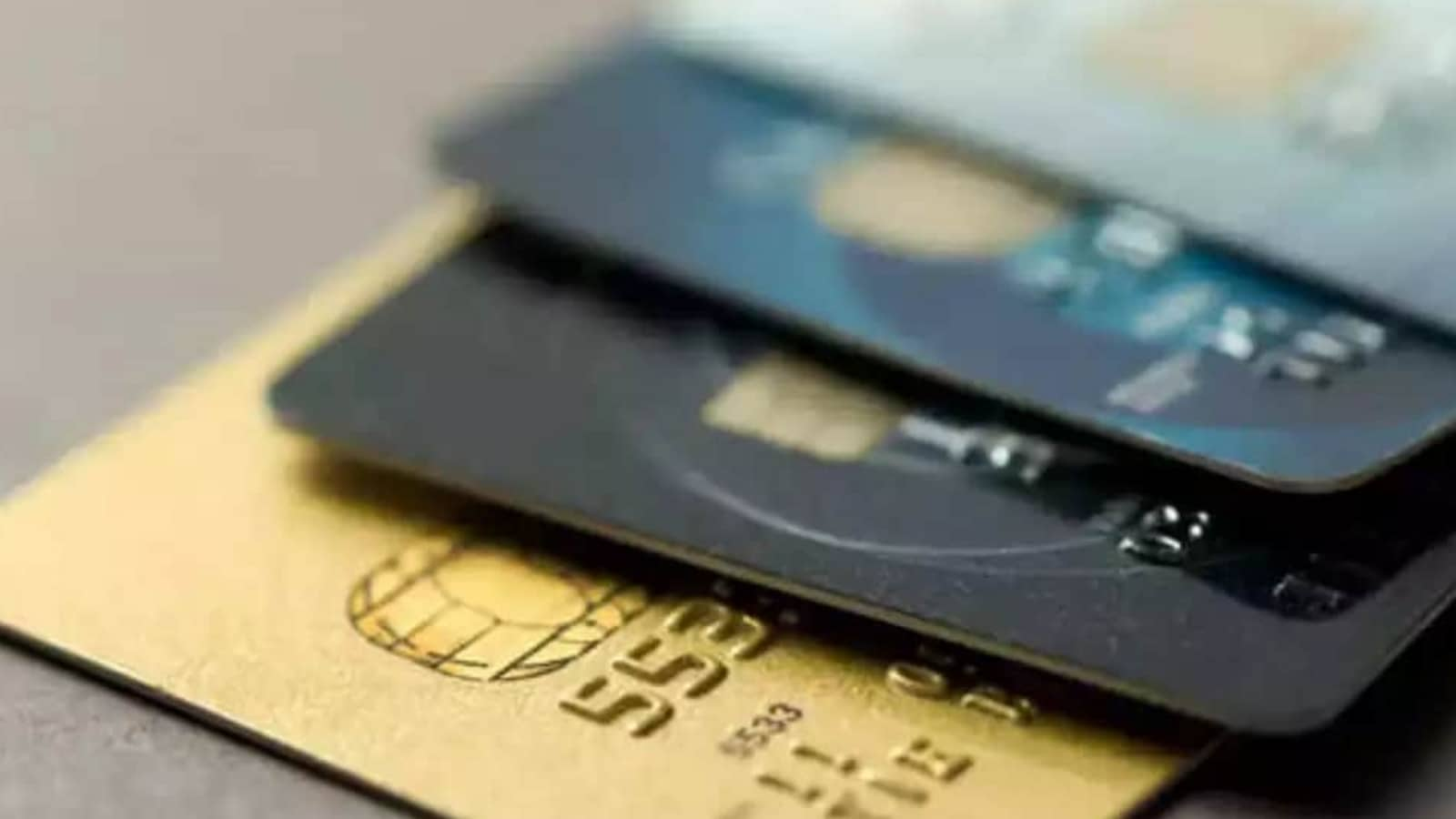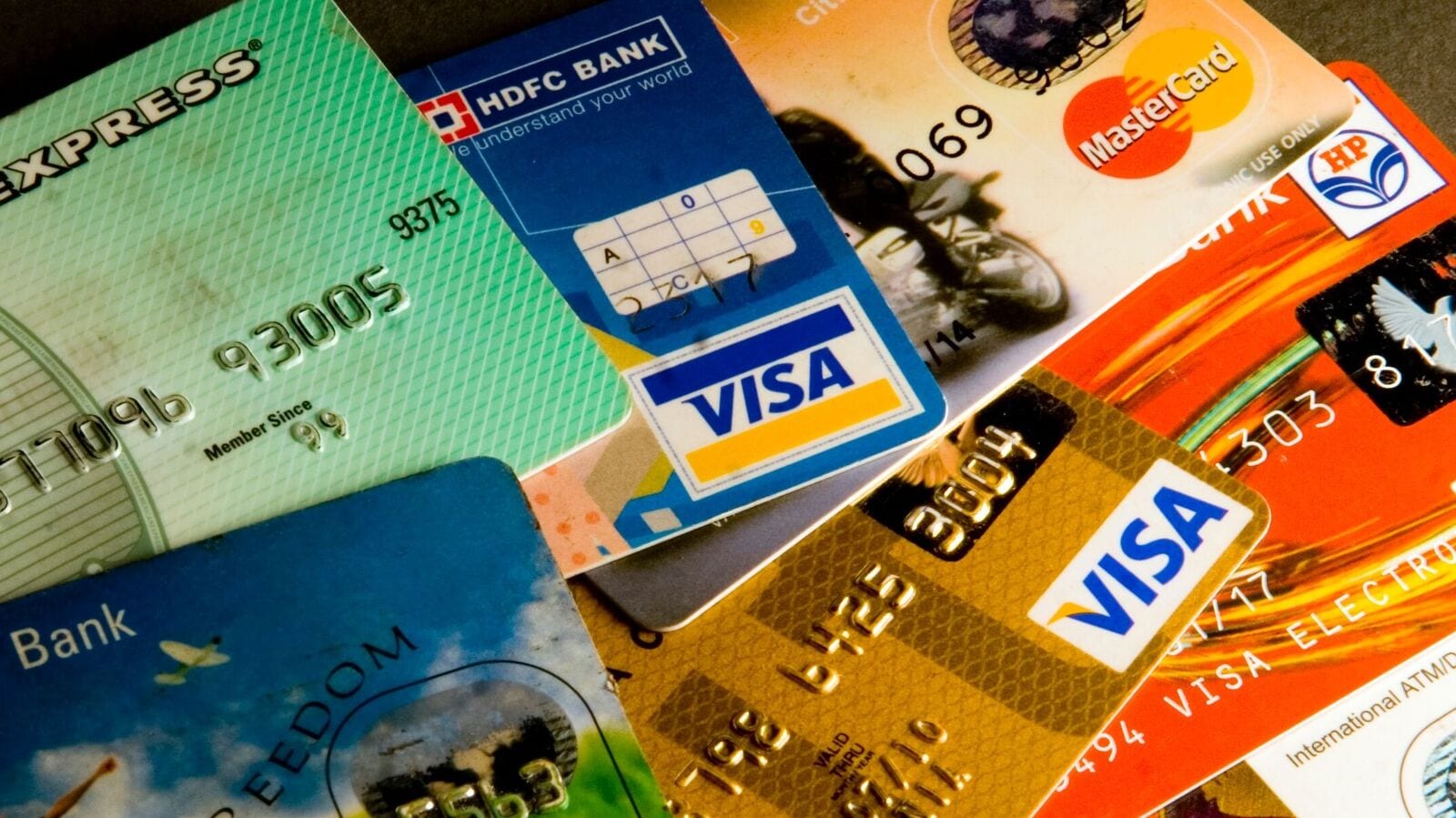With the shift to digital payments, the credit card landscape has also evolved. Along with the rapid changes in credit cards comes the need for improved security measures. The EMV chip technology or credit card security chips is one such measure.
What is EMV chip technology?
Europay, Mastercard and Visa have developed EMV chip technology to store card information on a metal chip instead of a magnetic stripe. Credit card security chips or EMV are intended to address security issues and fraud.
In 2018, the Reserve Bank of India (RBI) made it mandatory for debit and credit cards to have an EMV chip to secure financial transactions against fraud and cyber-attacks.
How does EMV technology work?
EMV chips are considered more secure than magnetic strips on a credit card because they do not transmit the card number while performing a transaction. Instead, they create a unique, one-time code for each transaction. This one-time code cannot be duplicated, reducing the risk of fraud or unauthorized transactions.
Features of credit cards with EMV chip
One-time code: Every time you use an EMV chip credit card, a new unique code is created. The code is not the same. With a traditional magnetic stripe card, it is easier to duplicate the number and use it repeatedly for unauthorized transactions. Therefore, a credit card with EMV chip avoids duplication of numbers. Even if someone duplicates the number, it cannot be used to conduct financial transactions.
Prevents fraud: The main purpose behind EMV chips is to prevent fraudulent transactions through the use of one-time codes, which are then provided to the card reader. It is not possible to replicate this code and avoid access to fraudsters.
Difficult to get details: It is difficult to obtain details of credit cards with EMV chip. They use small computer chips, making them difficult to counterfeit. It is almost impossible to simply get information from a credit card without sophisticated equipment, which is a costly affair for fraudsters.
Encrypted card: A credit card with an EMV chip uses encrypted data to transmit information to the credit card company, which can only be decrypted by special software. This makes it difficult for fraudsters to carry out unauthorized transactions. This is unlike the traditional magnetic stripe credit card, which provides information directly to the credit card company.
Global relevance: EMV chips are a universal standardized technology. That is why it is accepted as a means of payment all over the world. Therefore, EMV chip credit cards can be used to make payments all over the world.
In conclusion, the adoption of EMV chips in the credit card industry is an important step towards tackling scams and fraud. It is not just a technological upgrade but has a greater motive to secure our financial system.











